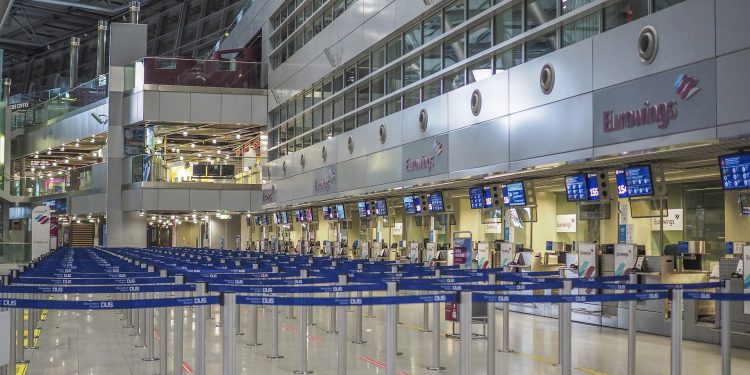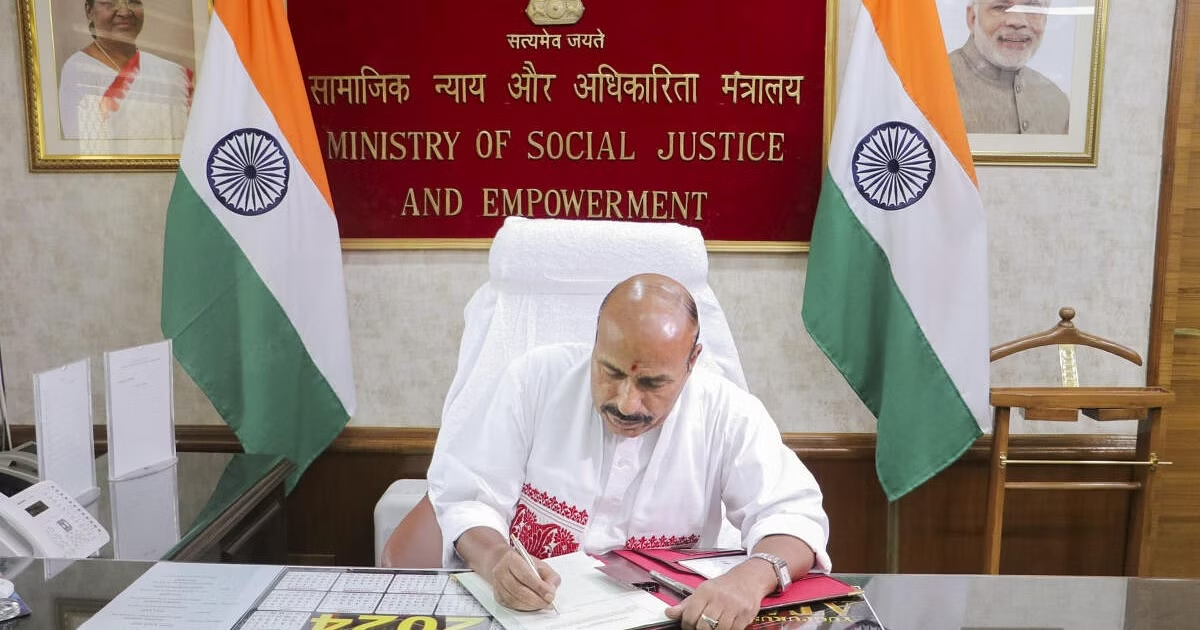The World Health Organization (WHO) has criticised governments for banning travellers from southern Africa in response to the Omicron coronavirus variant.
“Blanket travel bans will not prevent the international spread, and they place a heavy burden on lives and livelihoods,” the international body said on Tuesday.
WHO has warned that such bans could discourage countries from reporting and sharing crucial data and other information.
According to the WHO, at least 56 countries have implemented travel restrictions due to the latest coronavirus variant Omicron, which was first found in South Africa.
South Africa has appealed to countries to lift their travel bans. The WHO appealed for an evidence-informed and risk-based approach when implementing travel restrictions. It suggested screening before travel and/or upon arrival as a primary measure.
The Australian government was among the first countries to implement travel restrictions in response to the Omicron variant of coronavirus. It has paused the planned easing of border restrictions for eligible visa holders, including international students while awaiting further information on COVID-19’s Omicron.
The National Security Committee of cabinet decided to defer the plan to ease restrictions until 15 December following medical advice from the Chief Medical Officer Paul Kelly.
The government says the temporary pause will gather more intelligence about the new Omicron variant of COVID-19. Further details are awaited.
UN Secretary-General Antonio Guterres says the only way out of a global pandemic – and out of this unjust and immoral situation – is through a worldwide vaccination plan.











